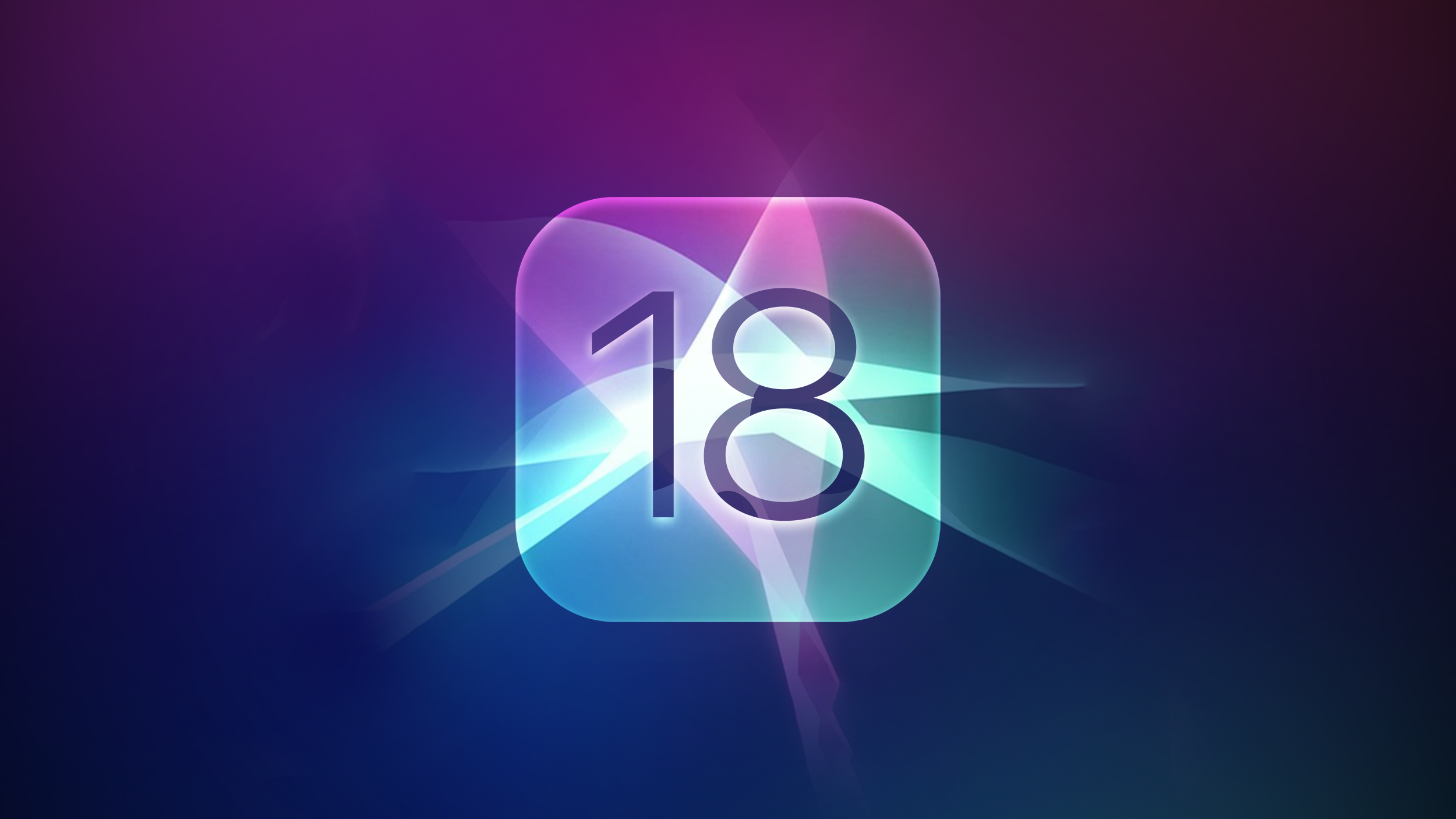Apple's first set of new AI features planned for iOS 18 will not rely on cloud servers at all, according to Bloomberg's Mark Gurman.

"As the world awaits Apple's big AI unveiling on June 10, it looks like the initial wave of features will work entirely on device," said Gurman, in the Q&A section of his Power On newsletter today. "That means there's no cloud processing component to the company's large language model, the software that powers the new capabilities."
Apple will probably still offer some cloud-based AI features powered by Google's Gemini or another provider, according to Gurman. Apple has reportedly held discussions with companies such as Google, OpenAI, and China's Baidu about potential generative AI partnerships. iOS 18 is not expected to include Apple's own ChatGPT-like chatbot, but it is unclear if Gemini or other chatbot will be directly integrated into iOS 18.
It is possible that Apple could offer some of its own cloud-based generative AI features in the future, as Apple supply chain analysts like Ming-Chi Kuo and Jeff Pu have said that the company is actively purchasing AI servers.
iOS 18 is rumored to have new generative AI features for the iPhone's Spotlight search tool, Siri, Safari, Shortcuts, Apple Music, Messages, Health, Numbers, Pages, Keynote, and more. Gurman previously reported that generative AI will improve Siri's ability to answer more complex questions, and allow the Messages app to auto-complete sentences.
Apple is expected to unveil iOS 18 and other software updates at its annual developers conference WWDC, which runs from June 10 through June 14.
This article, "Apple's First AI Features in iOS 18 Reportedly Won't Use Cloud Servers" first appeared on MacRumors.com
Discuss this article in our forums
Source: TechRadar

"As the world awaits Apple's big AI unveiling on June 10, it looks like the initial wave of features will work entirely on device," said Gurman, in the Q&A section of his Power On newsletter today. "That means there's no cloud processing component to the company's large language model, the software that powers the new capabilities."
Apple will probably still offer some cloud-based AI features powered by Google's Gemini or another provider, according to Gurman. Apple has reportedly held discussions with companies such as Google, OpenAI, and China's Baidu about potential generative AI partnerships. iOS 18 is not expected to include Apple's own ChatGPT-like chatbot, but it is unclear if Gemini or other chatbot will be directly integrated into iOS 18.
It is possible that Apple could offer some of its own cloud-based generative AI features in the future, as Apple supply chain analysts like Ming-Chi Kuo and Jeff Pu have said that the company is actively purchasing AI servers.
iOS 18 is rumored to have new generative AI features for the iPhone's Spotlight search tool, Siri, Safari, Shortcuts, Apple Music, Messages, Health, Numbers, Pages, Keynote, and more. Gurman previously reported that generative AI will improve Siri's ability to answer more complex questions, and allow the Messages app to auto-complete sentences.
Apple is expected to unveil iOS 18 and other software updates at its annual developers conference WWDC, which runs from June 10 through June 14.
Related Roundup: iOS 18
Tag: Mark Gurman
This article, "Apple's First AI Features in iOS 18 Reportedly Won't Use Cloud Servers" first appeared on MacRumors.com
Discuss this article in our forums
Source: TechRadar